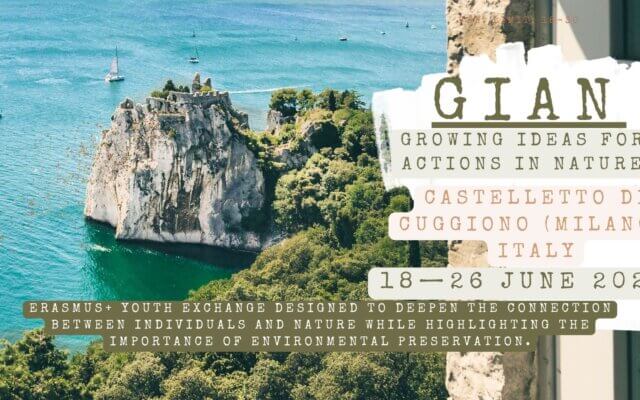ERASMUS+, Klíčová akce 1: tréninkový kurz
Termín konání: 24.—30. listopad 2025
Místo konání: Berlín, Německo
Český tým: 4 účastníci (ve věku 18+)
Přečtete si info-pack.
Hostitelská organizace: Youth Power Germany e.V
Report z projektu:
Předvánoční Berlín. Samozřejmě používáme green travel, takže jsem nasedla v Praze do vlaku a za chvilku byla v Berlíně, kde jsem se pomocí velmi přehledné MHD dostala až do našeho ubytka. Ačkoliv šlo o studentský hostel, bylo to útulné a měla jsem skvělé spolubydlící. Jednu dokonce až z Brazílie studující v Čechách. Večer jsme potkali zbytek účastníků a hned nám bylo jasné, že se z nás stanou dobří přátelé.
Projekt byl o tom, jak si napsat vlastní projekt a přesně o tom jsme mluvili. První den jsme začali se základními informacemi o Erasmus+ a postupně jsme stupňovali množství informací. Třetí den jsme se rozdělili do skupin podle našich nápadů na projekt. Dostala jsem se do skvělé skupinky a opravdu jsme začali pracovat na projektu, který máme v plánu odevzdat a zkusit realizovat. Oba skvělí facilitátoři byli vždy moc nápomocní a neúnavní našimi otázkami úplně o všem. Ačkoliv jsem už byla na mnoha projektech, tento informacemi a program předčil veškerá očekávání a dal mi mnohem více, než jsem vůbec doufala.
Julie L.


